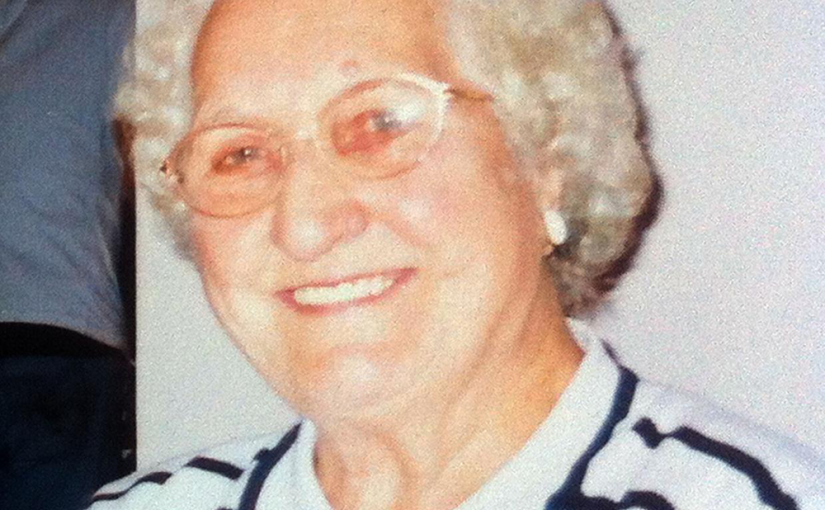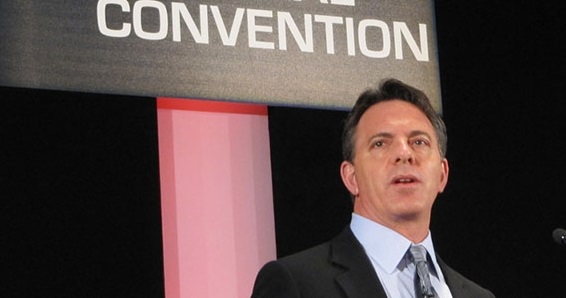Charity bosses who allowed scandalous fundraising methods to be used were either “incompetent or wilfully blind” and are on their last chance to “put their house in order”, a committee has warned.
In a damning assessment of the practices used by some of the biggest names to bring in cash, MPs said the “sorry episode” had damaged the reputations of charities across the board.
Trustees must now take proper control of the methods their organisation use or face statutory regulation, the Public Administration and Constitutional Affairs Committee (PACAC) said.
MPs heard that some charities, including Great Ormond Street Hospital and Macmillan Cancer Support, made it difficult or impossible for donors to block further communication from them or other charities.
Personal information ended up with scamming companies after being sold on by some charities while vulnerable and elderly people were seen as “fair targets” by some organisations, they were told.
The committee also heard an undercover investigation by the Daily Mail found telephone fundraising contractor GoGen ignored the telephone preference service that allows customers to opt out of receiving unsolicited calls.
It also had a script to allow fundraisers to continue to press for a donation even after discovering a vulnerable individual was confused or suffered from dementia.
MPs said they had “no doubt” that most UK charities did not engage in such practices but the behaviour of some had damaged the reputation of all and made it harder for them to raise money.
The report found fundraising is “increasingly competitive” and a large charity can spend more than £20 million a year on trying to bolster its coffers.
Fundraising practices were thrust into the spotlight last year after widespread public concern over the death of 92-year-old Olive Cooke, one of Britain’s oldest and longest-serving poppy sellers.
After the pensioner took her own life, her family described how she had been receiving repeated requests from charities for donations with up to 267 letters a month as well as regular phone calls.
During the PACAC’s investigation a number of charity bosses admitted there were flaws in their governance.
Oxfam chairwoman Karen Brown told MPs “our monitoring procedures were not adequate to the task” while RSPCA chairwoman Daphne Harris said she “did not know that this had happened” after allegations that the personal data of dementia sufferer Samuel Rae had been repeatedly bought and sold by charities and companies emerged.










